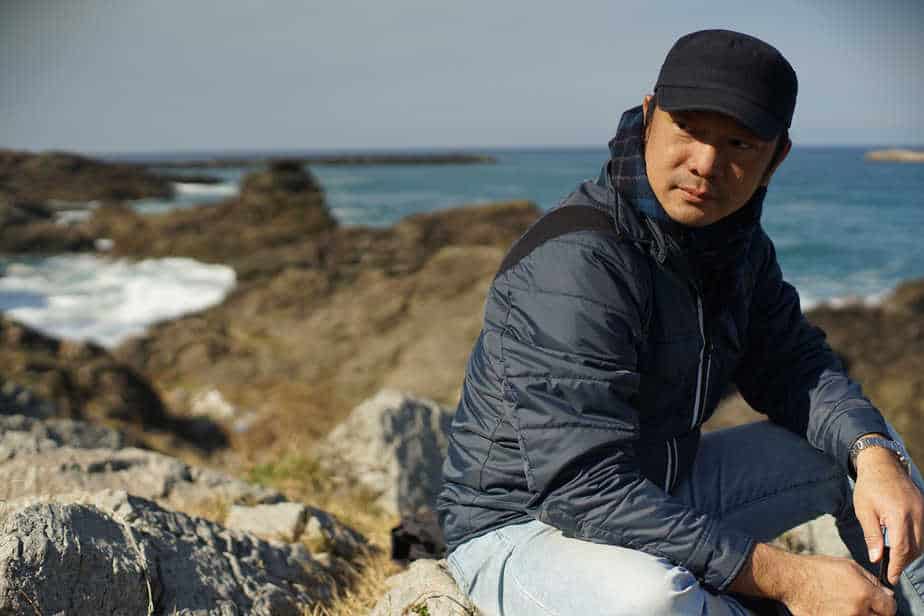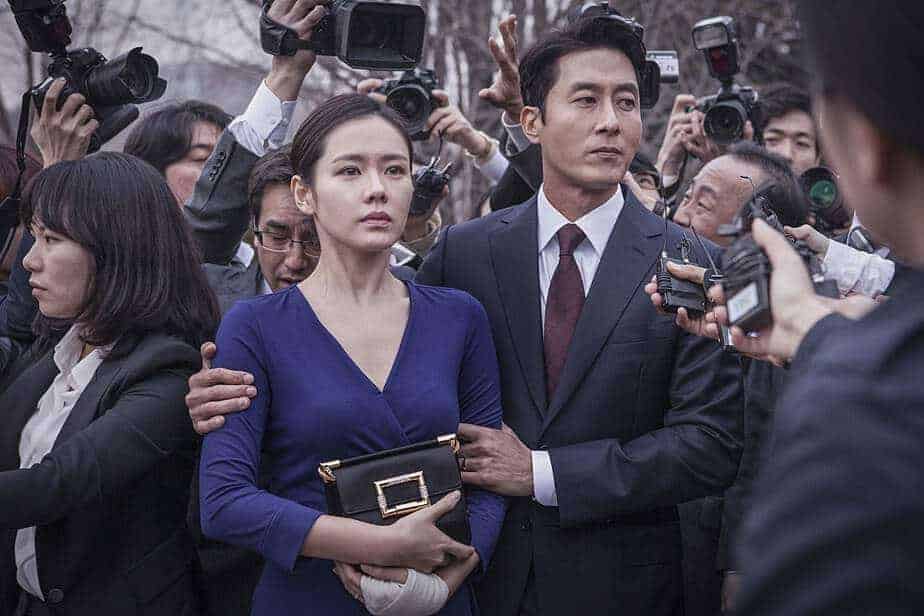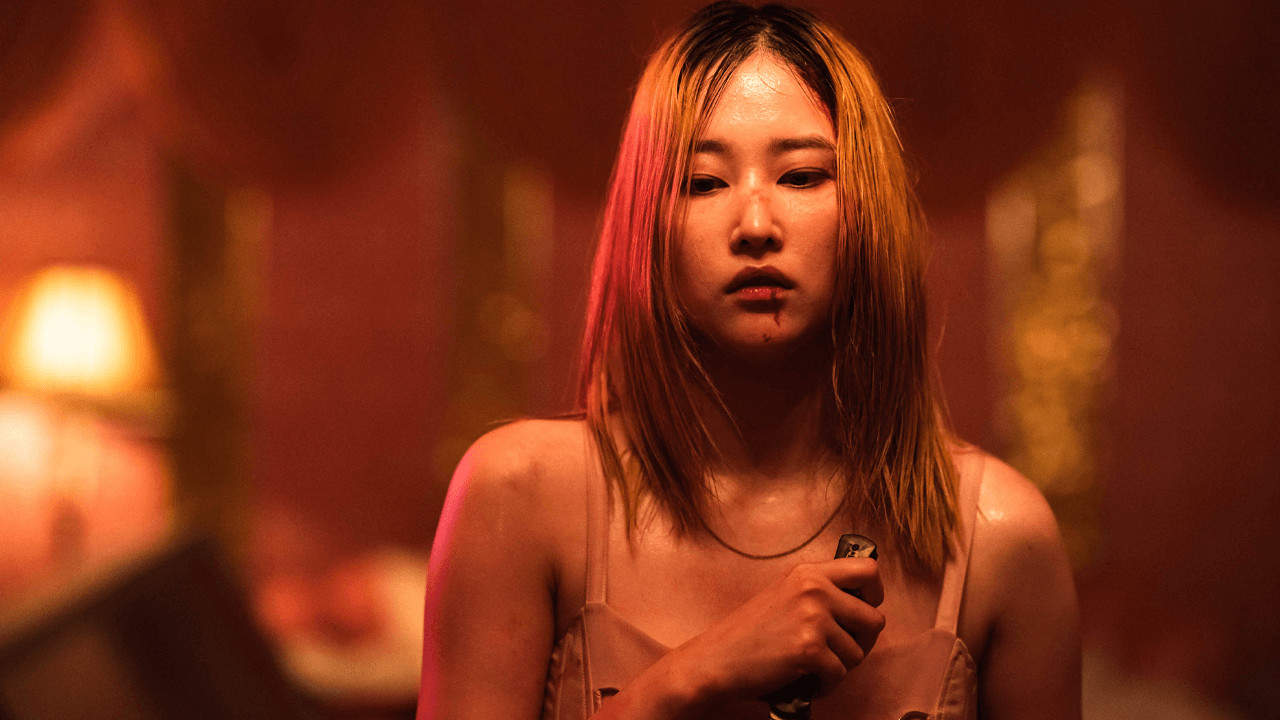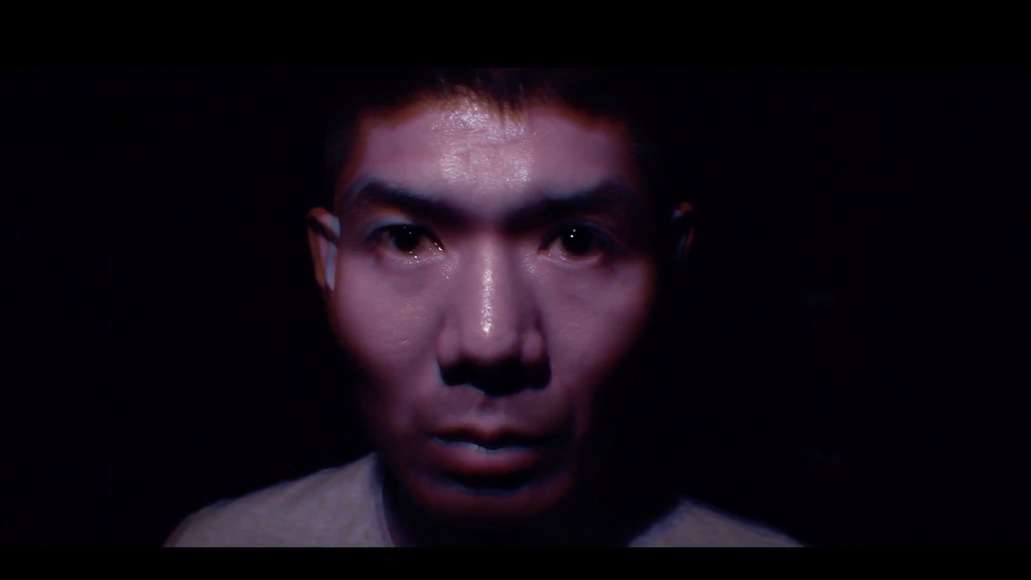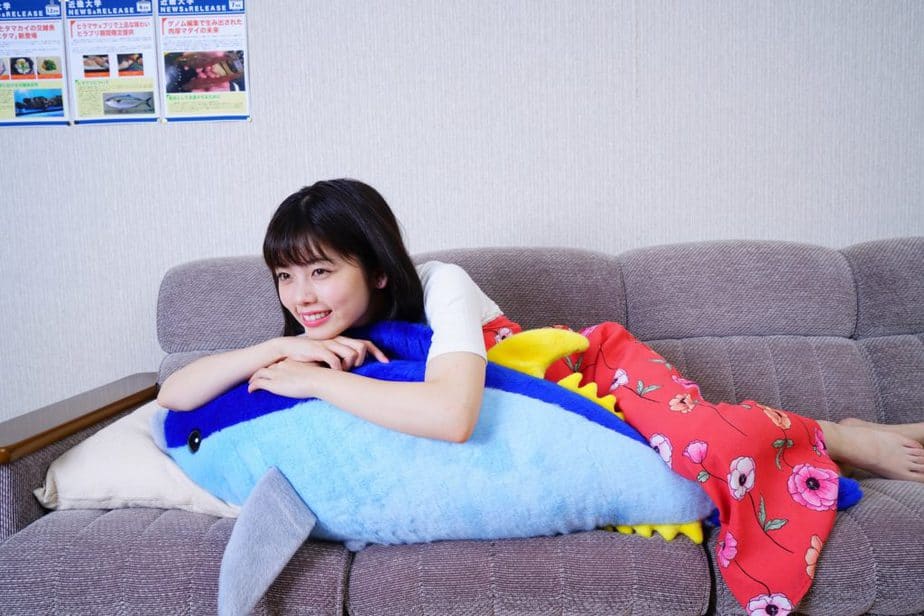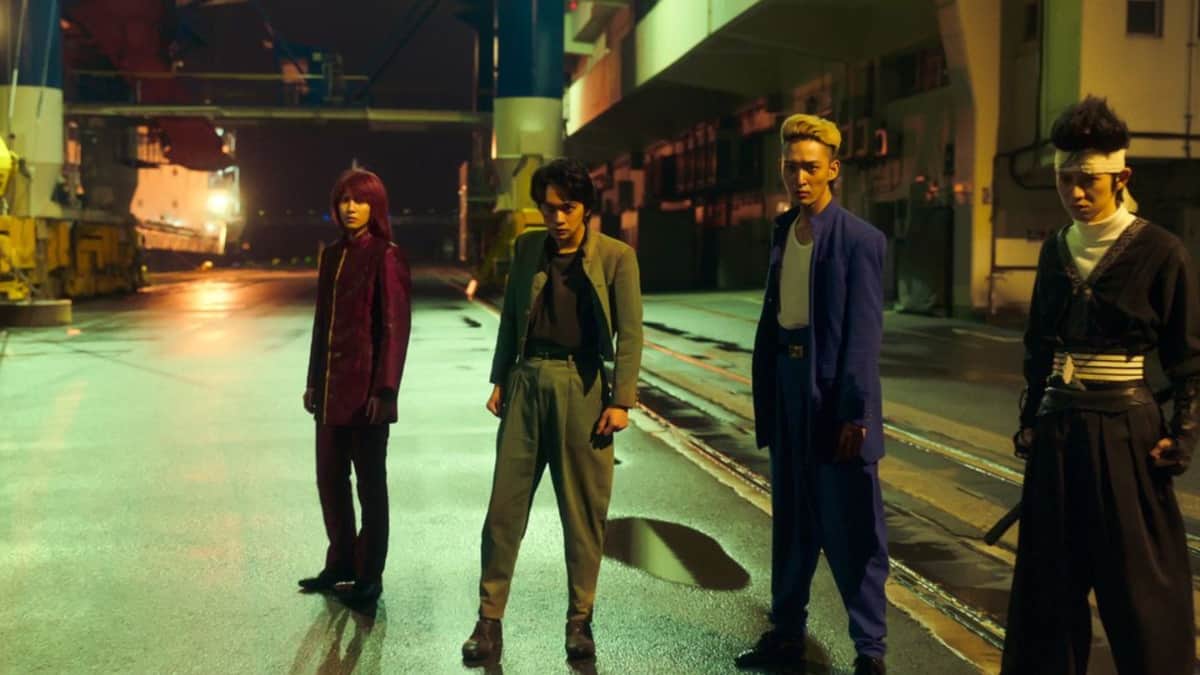Since its world premiere at the Taipei Film Festival in 2017, „The Great Buddha+“ by the first time fiction feature director Hsin-yao Huang has been travelling across the globe, receiving excellent reviews at the multitude of international festivals. Huang‘s dark comedy based on the narrative by his previous short of the same name, encapsulates the essence of the Taiwanese society marked by growing class extremes and corruption in a country that officially shouldn't be having any of it.

„The Great Buddha+“ was shown in Reykjavik in frames of the Stockfish Festival (February 28th – March 10th), in the first-time cooperation with the Taiwan Film Festival (March 8th – 24th) which celebrates Taiwan's long and tempestuous history and diverse cultural heritage through the uncensored lens of independent Taiwanese filmmakers, and which will straight afterwards be launched in London as well (April 3rd – 14th). It is in Reykjavik we met up with Hsin-yao Huang to discuss „The Great Buddha“ one more time, and we were more than delighted to discover a couple of more details, such as director's similarities to the film's main proragonist Belly Button, the change of mind in regards of the setting, and what makes ordinary people more attractive than the upper class.
How much of the script material came out from your own experience and how much from other sources?
It is very hard to make a clear distinction. It is a mixture of what I was told by my friends, and the stories I had discovered in the newspapers. Some of the film's elements are based on my observations, as well on the short that served as a starting point for the feature. „The Great Buddha“ was filmed in the central and the south part of Taiwan, and the differences between the areas are huge, both economically and culturally.
You are addressing the huge gap between the rich and the poor, and the „untouchable“ status of the wealthy people, which is probably something the Taiwanese authorities don't like to have in their face.
Not just them. Such topics and not likeable in Taiwan. The audience wants to see happy, nice stories, and the problems that I am showing are being largely ignored, which doesn't make them disappear. At the beginning of the project, I was told by one of my producers not to put great hopes in larger audiences. He was quite sober about it and he said that only few people will want to watch the film. My producer (Mong-Hong Chung) is a filmmmaker himself, and his deepest wish is that Taiwanese films have more diversified stories, backgrounds and genres. We were quite supported by him. And although he was sure that the film wasn't going to do well in the box office, he still wanted to produce it. My other producer(Ju Feng Yeh) actually took on producing four films at the same time, that were not doing well. “The Great Buddha” was the first film she chose, and the total sale of the tickets doesn't cover even the half of the money she invested. Well, it actually also didn't lose money, but it didn't make any either. It's funny that the box office estimated 15 times more sold tickets than that were actually sold. But, since she is probably one of the highest paid people in the commercial projects in Taiwan and China, maybe she didn't care that much. The other half of the budget came from the government. There is a special way of how the Taiwanese film industry gets the funding.
With the reference to your previous answer, was it a big surprise that the film was an internationalfestival success when it didn't do well at home?
We didn't think The Great Buddha would be so well received, but I can't say that any of us is complaining about it. This is my first fiction feature after two long documentaries and two short films and I wasn't sure how the outcome would be, because I casted one director friend and the only actor I knew for the lead roles. It turned out they were an excellent fit.

One of the most memorable moments in the film is the pool scene with the rich and the politicians in company of young women. Where did you find that place?
There are Taiwanese bars where men get entertained by women with lots of drinking involved. I was having in script that Kevin would take a lady to the motel, which he does, but while l was looking for a motel, I was hoping to see something unusual, so the manager took the producer to have a look inside – which is where he saw a space with a swimming-pool. He decided to move the scene there. That scene was meant to be hilarious. It is deliberately funny, and the song sung by a local artist is actually a very well-known Taiwanese folk song. In the old Taiwanese society, women were more decorative, less valued than men.
Is there in Taiwan actually big business in making Buddha statues?
Such businesses reproduce big sculptures, not just Buddhas. They have moulds and use copper or bronze to recreate them. In Taiwan, Buddhism and Taoism, or rather said these religious groups, actually have a lot of money, and there are many businesses that gain a large portion of income by taking their orders.
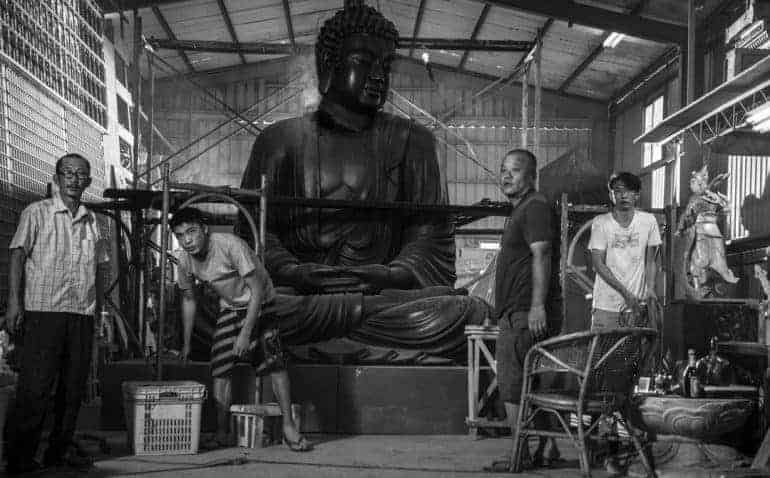
In the last minutes of the film, there is a religious ceremony held in a large sports hall which ends in a mystical way – we're all of a sudden left in darkness, shortly upon hearing strange sounds coming from inside of the statue.
In general, most films are trying to bring the audience into the narrative, but I approached the Great Buddha in a different manner. At the beginning of the film, there is a voice-over and my main purpose was that the audience follows the story of the two main protagonists, but without participating in it. So, my decision was to leave the big sculpture of the Buddha in the pitch black at the end of the film. Thus, the audience finds itself inside of the statue, because life doesn't offer solutions and it's up to you to figure out what the sound coming from it represents.
You mentioned during our festival dinner that your tragic main protagonist Belly Button has something of you. Can you elaborate?
In the film he lives a very solitary life. Belly Button is shy and has practically only one friend, but he finds great joy in fishing up for soft plush toys from claw machines. That's really therapeutic.When my producer entered my car for the first time, he saw plenty of plush animals on the back seat. He asked me what that was all about, and I answered openly that I extricated them from a claw machine. He wanted to know why, and I explained him that I find it quite therapeutic. A while back, I used to have them in my bedroom just like him, but not anymore. They are in the car.
You are busy working on several new projects, but what is the next thing we can expect from you?
The Great Buddha is a story about people at the fringe of society, and the film that I am currently developing is about the people in their 40's who have ordinary, underpaid office jobs and are not likely to be promoted. They are constantly under pressure of taking care of their families, and they don't have much of a life outside work. Most of the script is based on the life of my friends, but also mine. I would like to maintain normality and stay who I am, and I consider myself very lucky of having met the right producer, otherwise I would still be stuck in exactly that type of life.


